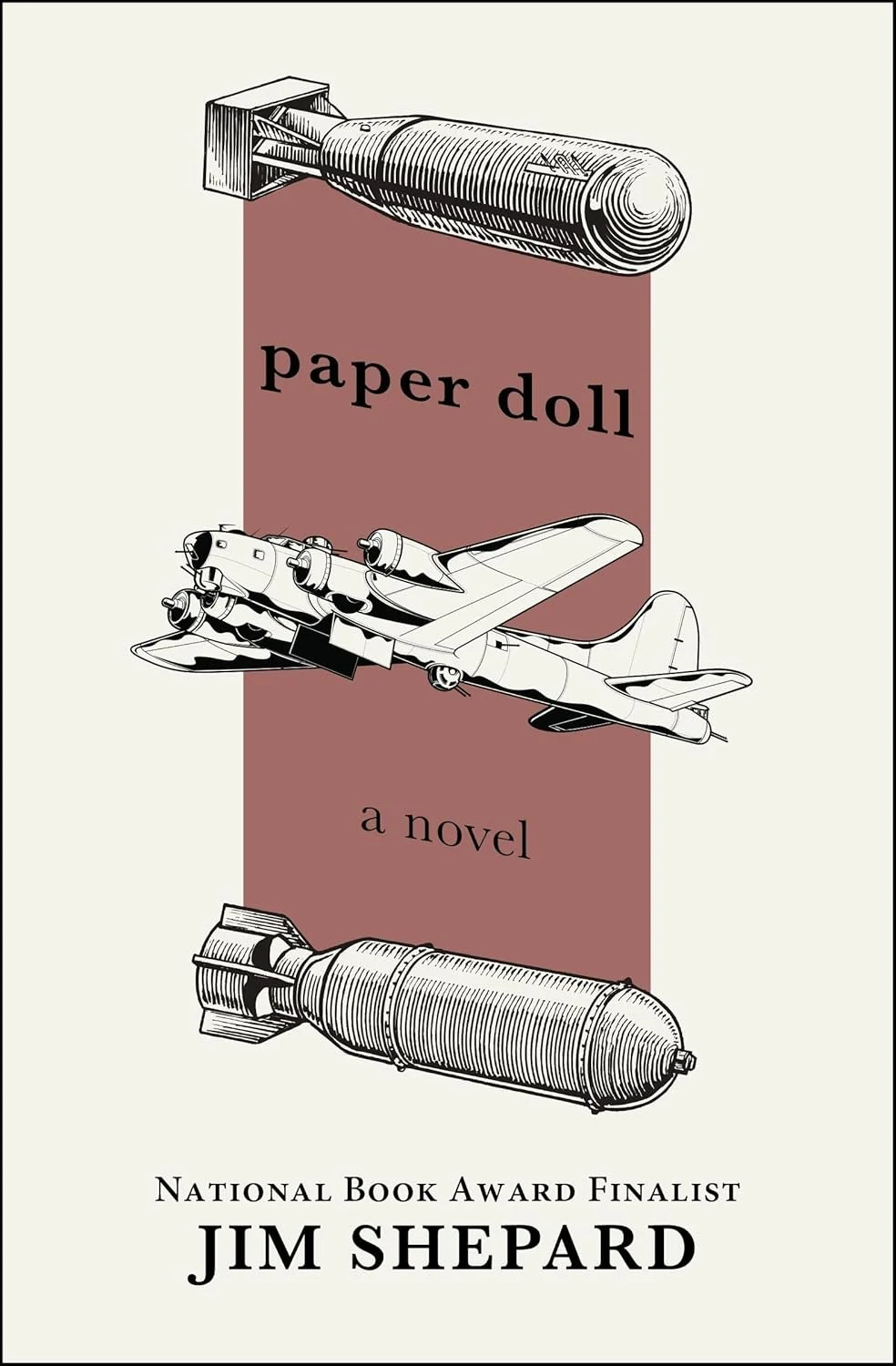Paper doll
“Paper Doll is the inspired product of what could well be a teenaged boy’s obsession: the need to know, in detail of archaeological exactitude, just what it was like to be a member of a B-17 bomber crew stationed in England and flying over Germany in 1943. The resulting novel is fully, even tragically adult in its account of the impact of extreme danger on a group of inexperienced, callow, and often baffled young men. After a mild beginning, Paper Doll rises to an almost unbearable pitch of excitement and anguish… Steering as it does a modest course between the epic sweep of The Naked and the Dead and the farcical comedie noire of Catch-22, Paper Doll is simultaneously the most moving and the least sentimental novel of the Second World War that I have yet read.” –The New York Review of Books
"Paper Doll depicts the European air war as a brutal business that at times bordered on the lunatic, chewing up human lives as though they were utterly meaningless. Though he is far too young to have any personal experience of World War II, Paper Doll aches with verisimilitude.” —The International Herald Tribune
“This is not a pilot’s eye, officer’s mess narrative. It is the air grunt’s story, and the narrative is finest when the air grunt is flying. When Paper Doll flies, especially in the final sequence, the reader gets to burn with the crew.” — The Village Voice
“The boyish banter of the crew, the relations between American aviators and British civilians, the looming awareness of life’s fragility — Shepard has got it all exactly right. Paper Doll is a lovely book, as funny as it is sad, filled with life even as it confronts death; Jim Shepard has written much more than a mere war story.” — The Washington Post
“Shepard’s characters are neither heroes nor antiheroes, but ordinary people cast into an extraordinary situation that italicizes their humanness. His control, once the novel and the bomber get off the ground, is masterly, continuing through the last, nearly unbearable line.” — The Baltimore Sun
“Shepard fashions his endings the way composers do their great symphonies: he puts everything into them, building the excitement to a seductive pitch… The mission to Schweinfurt, told at length in the direct way that is typical of Shepard’s best writing, is breathtakingly and painfully vivid, the more so because it is based on fact.” — The Kansas City Star
